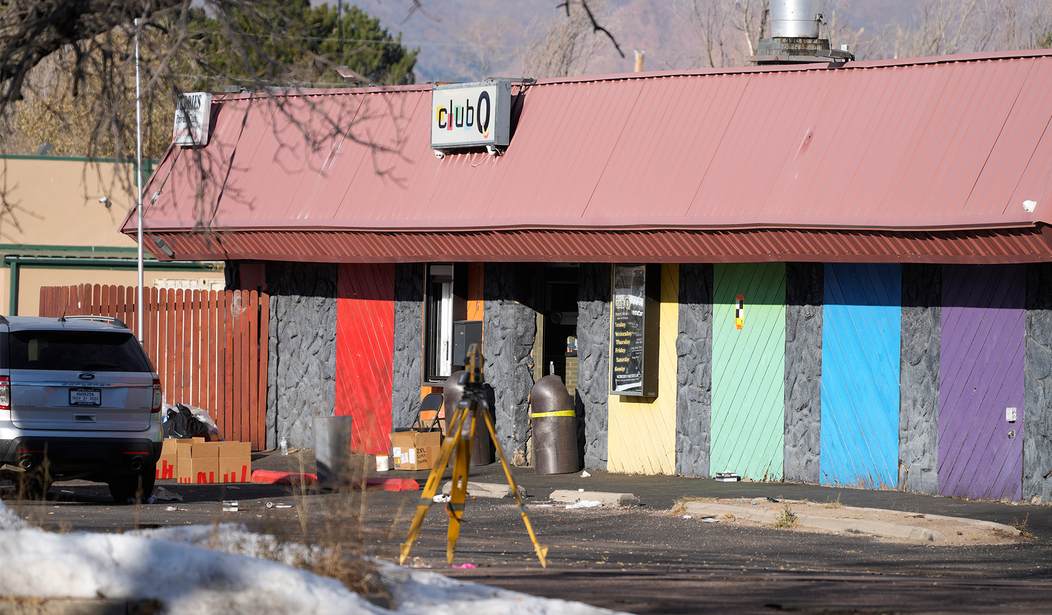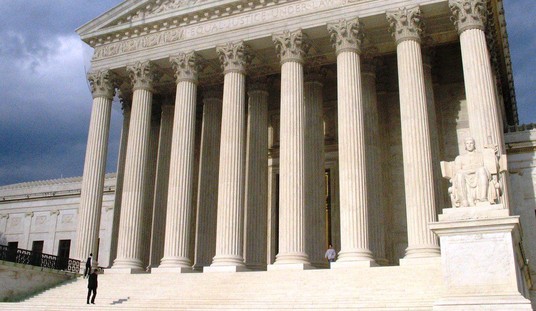The state of Colorado is still reeling from the events in an LGBT nightclub in Colorado Springs. The mass shooting wasn’t the first the state has seen by any stretch of the imagination. It won’t, unfortunately, be the last, either.
What’s important to remember about this one, though, is that this is a state with all kinds of gun control supposedly intended to stop such shootings from happening. A prime example is the state’s red flag law.
The alleged killer was a prime candidate for such an order, yet here we are.
Now, the state is looking to revamp the law.
A Nov. 19 shooting that killed five people and wounded 19 at a Colorado Springs nightclub has officials considering changes to strengthen Colorado’s red flag law, particularly in self-declared “Second Amendment sanctuaries,” where emergency petitions to remove a person’s guns are filed less frequently and usually denied.
The three-year-old state law allows law enforcement officials or family members to seek a court order to seize the guns of a person who poses a threat to themselves or others. But the Club Q shooting underscores a fundamental challenge for it and other red flag laws: Sheriffs often refuse to use the measures based on a belief that they infringe on the Second Amendment’s right to bear arms.
El Paso County, where the Colorado Springs shooting happened, is one such place. It has the lowest approval rate for initial court petitions filed under the law of any county in Colorado where more than three cases have been filed, according to a KHN analysis of court records. Now Colorado lawmakers, like those in other states that have experienced mass shootings in recent years, will try to turn angst over the incident into legislative action to strengthen the state’s red flag law, including potentially expanding the pool of people who can petition for a protection order.
…
Colorado’s red flag law, passed in 2019, has been used more than 350 times, with initial petitions for protection orders being granted in nearly 2 in 3 cases.
That last bit is important because it illustrates one of my pet peeves regarding red flag laws.
See, they hold up these numbers as if they actually mean anything. All it really means is that in these cases, someone who isn’t an expert in psychology or any related field was weirded out by someone who hadn’t actually broken any laws to grant the order.
That’s it.
That’s not proof it works, it’s proof that even judges can be convinced of anything.
“But Colorado Springs…”
Yeah, Colorado Springs happened, but no one sought out the red flag order. Not the police, not the family, nobody. The law already provides for that and no one thought this tool was serious about his desire to be the next mass shooter.
See, another problem with red flag laws is that it requires people to have an unbiased assessment of the people around them. Yet the people most likely to spot an issue–the families–are often capable of rationalizing away such behavior because no one wants to think their son or sibling is capable of carrying out such a horrific act.
Meanwhile, red flag laws also do something else, something that doesn’t really get talked about. It’s an opportunity to once again single out the weird kid.
Remember when you were in school and the weird kids kept getting picked on, sometimes even by the teachers themselves? Well, those weird kids grow up. Sometimes, they grow out of being weird, and sometimes they don’t.
Because they’re “weird,” they sometimes make people nervous. Maybe they take up shooting and think it’s the greatest thing ever and talk about it a bit more than some people are comfortable with.
Red flag laws basically weaponize people’s discomfort with those “weird kids” and allow them to destroy those kids’ lives. “Oh, you’ve found a pastime you really enjoy? Well, you’re making people uncomfortable, so we’re taking your ability to enjoy it away until you stop making people feel uncomfortable.”
It’s ridiculous, and you cannot tell me it’s not happening.
Meanwhile, we keep seeing how such laws don’t do anything to stop mass shootings, particularly in Colorado. it’s downright pathetic.








